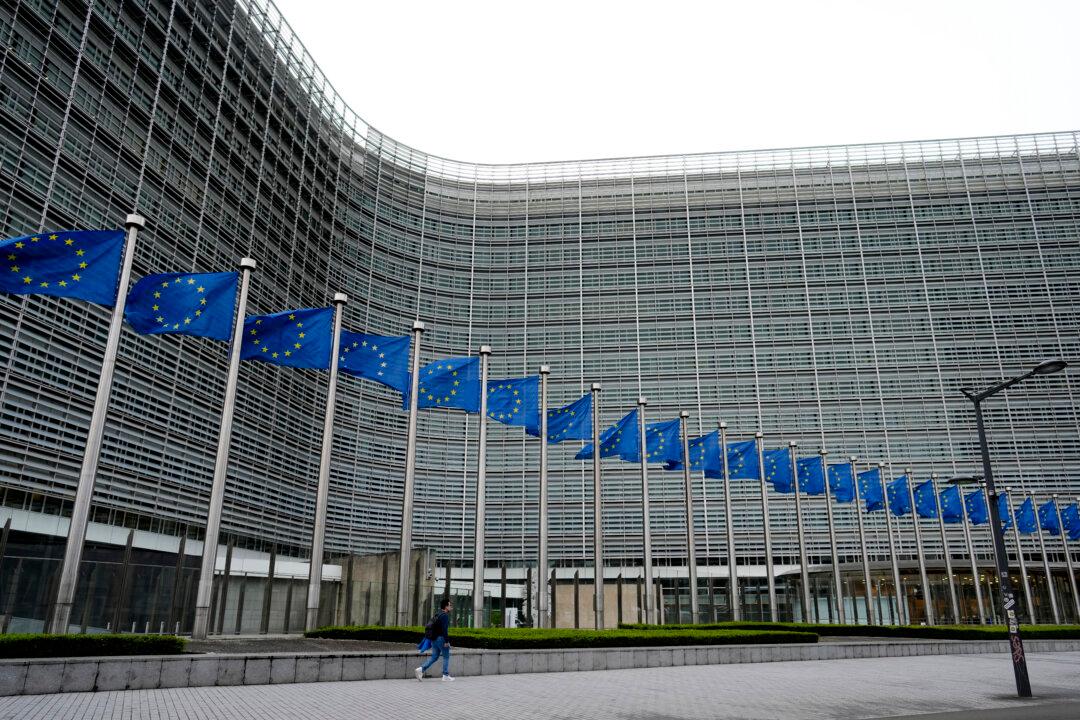The European Commission is creating a new category of companies that will be exempted from some rules as part of its ongoing effort to slash red tape.
On May 21, the EU said it is proposing to classify companies with fewer than 750 employees and up to 150 million euros ($163 million) in turnover as “small mid-caps.”




